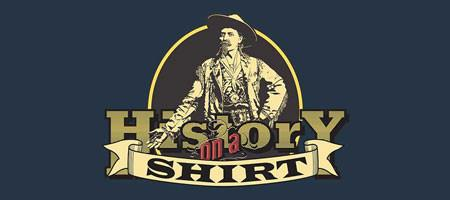In 1999, the Gutenberg Press made some of the lists for the most important invention of the Second Millennium, and Time Magazine in particular chose Gutenberg as "Man of the Millennium." (For those who weren't of reading age then, although normal life goes on amazingly normally, passing a number like 1999 brings out every tendency to make lists of "the ____ of not just the year, not just the decade, not just the century, but the millennium!")
For the Gutenberg Press to score at all on these lists is all the more impressive considering that historical knowledge was not exactly at any all-time high and the Gutenberg Press was competing with so many world-changing inventions of the past hundred years such as the invention of electricity, cars, airplanes, and a man on the moon. Then there was the Internet, which in 1999 was hard to imagine which direction it might go even over the next six months, but it was already promising a revolution in information distribution that seemed comparable to the Gutenberg Press. In fact many did make the comparison, though it seemed a bit ridiculous to compare this bulky, heavy, wood-and-metal construction to, well, cyberspace.
And yet, the Gutenberg Press made more difference. The Internet just sped up information and communication, which made a big difference in practice, but wasn't so different in concept. The Gutenberg Press was a whole new system, bringing together the advantages of making multiple prints of a page with the advantages of then (comparatively) easily moving the type to be able to print a different page. It was a whole new way for multi-page information to spread beyond the speed of a scribe's hand. The press was like the Pythagorean Theorem, which seems moderately obvious once you've been shown why it works. But coming up with the concept oneself, for the first time, without help, is another matter; very few of us are Pythagorases. Or Gutenbergs.
When artist Ewan Tallentire was in art school, for a project the students were assigned to put together marketing copy on a product. One student's product was his Honda, another's was a laser printer (state-of-the-art at the time!) Ewan did his marketing copy on the Gutenberg Press. On seeing all its features (movable type, prints multiple pages, saves hours of scribe labor), the general reaction was, "Wow! I want one of those!"
